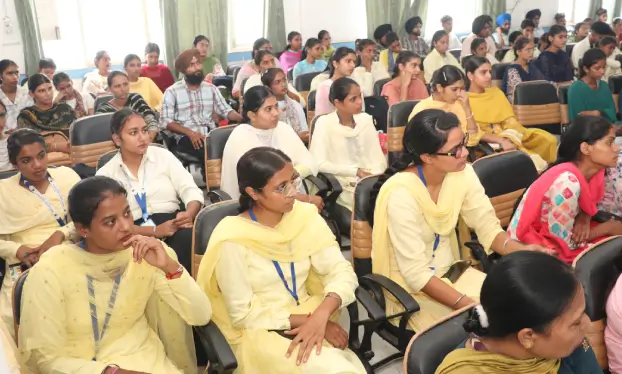
The future of research and innovation in the arts and social sciences is poised for transformative change, driven by technological advances, global challenges, and a renewed focus on inclusivity and sustainability. As the world becomes increasingly interconnected, these disciplines are expected to take on a more dynamic, interdisciplinary role in shaping how we understand identity, governance, culture, and communication. Emerging technologies like AI, virtual reality, and block chain are set to revolutionize creative industries and social research methodologies.
Imagine anthropologists using immersive VR to reconstruct ancient civilizations or historians utilizing AI to decode lost languages. Artists may collaborate with data scientists to produce interactive art that responds to societal issues in real time, blurring boundaries between observer and creator.
Future innovations will also emphasize ethical research practices and community collaboration. Participatory research will likely become the norm, enabling marginalized voices to be central in shaping narratives and policies. Social scientists will continue to lead in addressing climate justice, digital inequality, and mental health—areas that demand nuanced, people-centered solutions. Moreover, with an increased focus on cultural preservation, digital archiving will play a crucial role in safeguarding indigenous knowledge, oral traditions, and endangered languages. New frameworks in education and policymaking will arise from these efforts, encouraging empathy, adaptability, and cross-cultural understanding.
In short, the arts and social sciences will remain essential in interpreting the human condition amidst rapid technological and societal shifts. Their future lies not only in innovation but in weaving together old wisdom and new tools to cultivate a more informed, inclusive, and compassionate world.